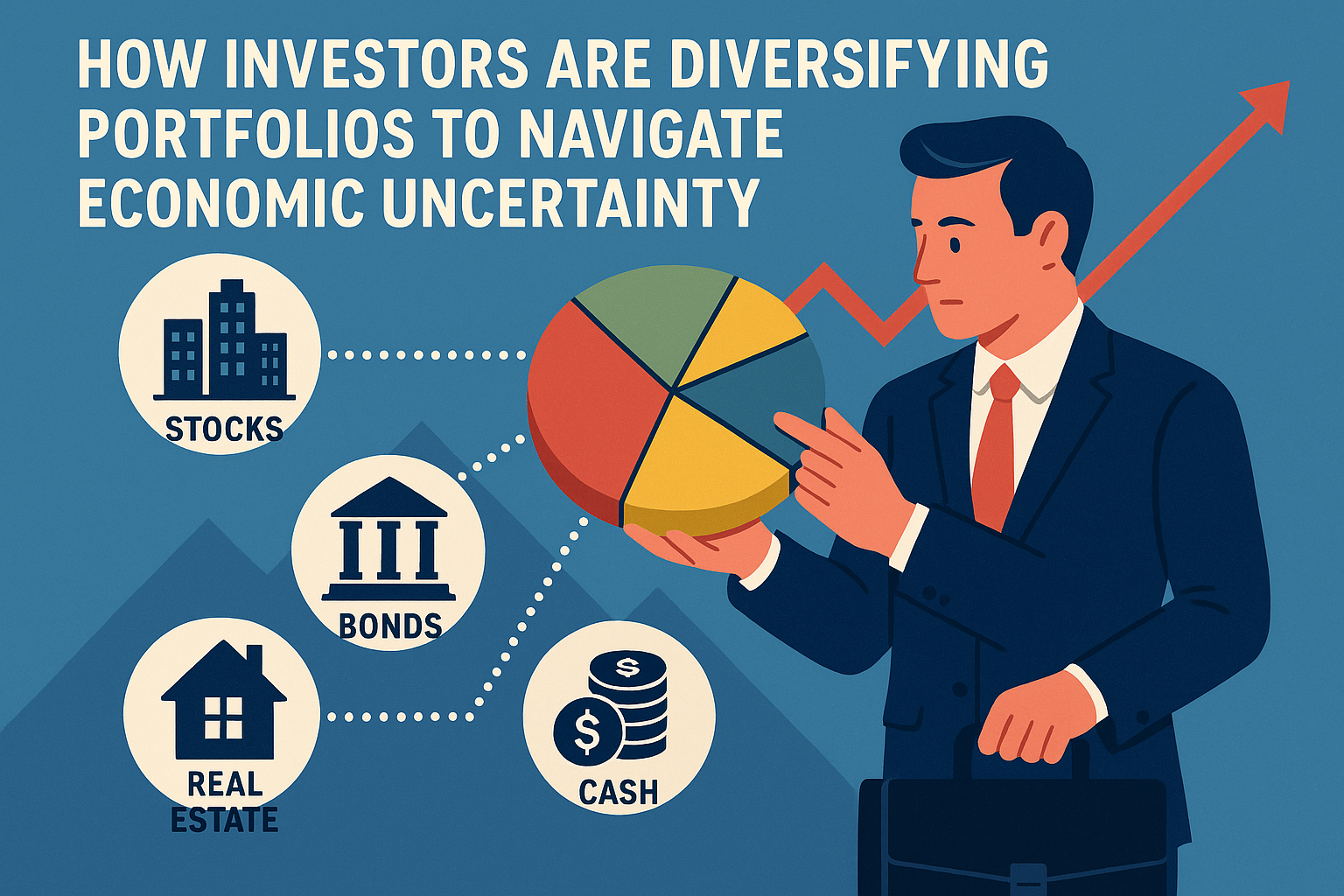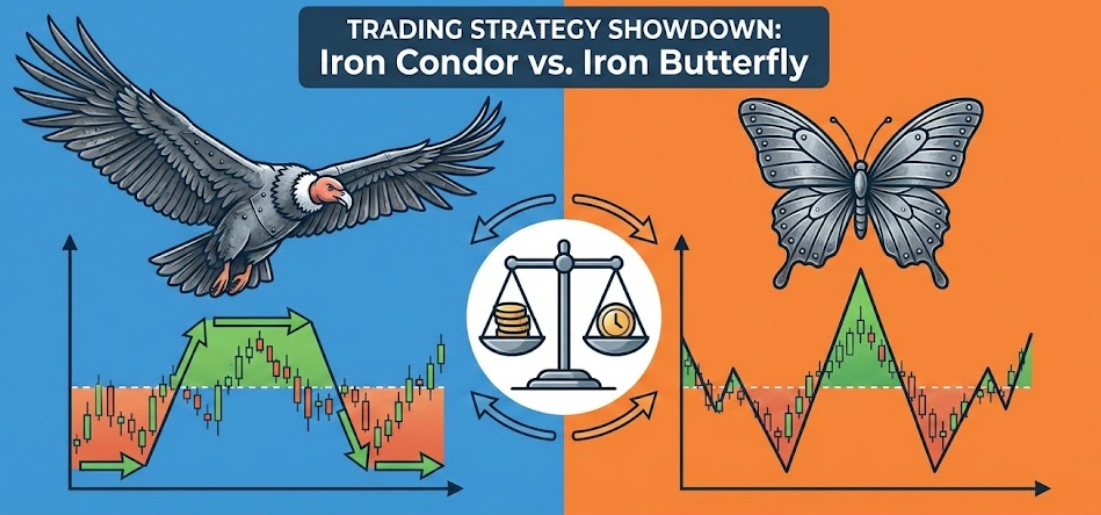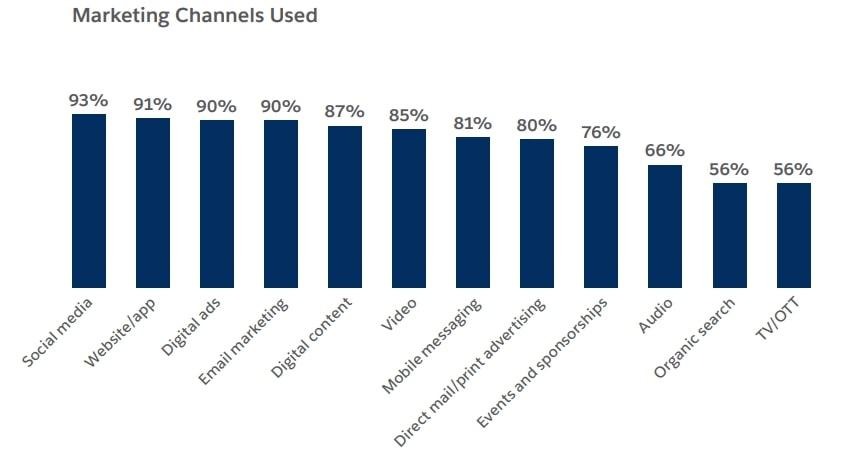
AI Meets Blockchain: The Tools Changing Crypto Trading and Investing
Crypto trading and investing no longer revolve solely around speculation or instinct. Over time, the ecosystem has filled with tools designed to handl...

Crypto trading and investing no longer revolve solely around speculation or instinct. Over time, the ecosystem has filled with tools designed to handl...

Market conditions of today bear great economic uncertainty. The flexible interest rates, drastic cha...

Here's something most companies already know but keep screwing up anyway: recognition matters. This ...






